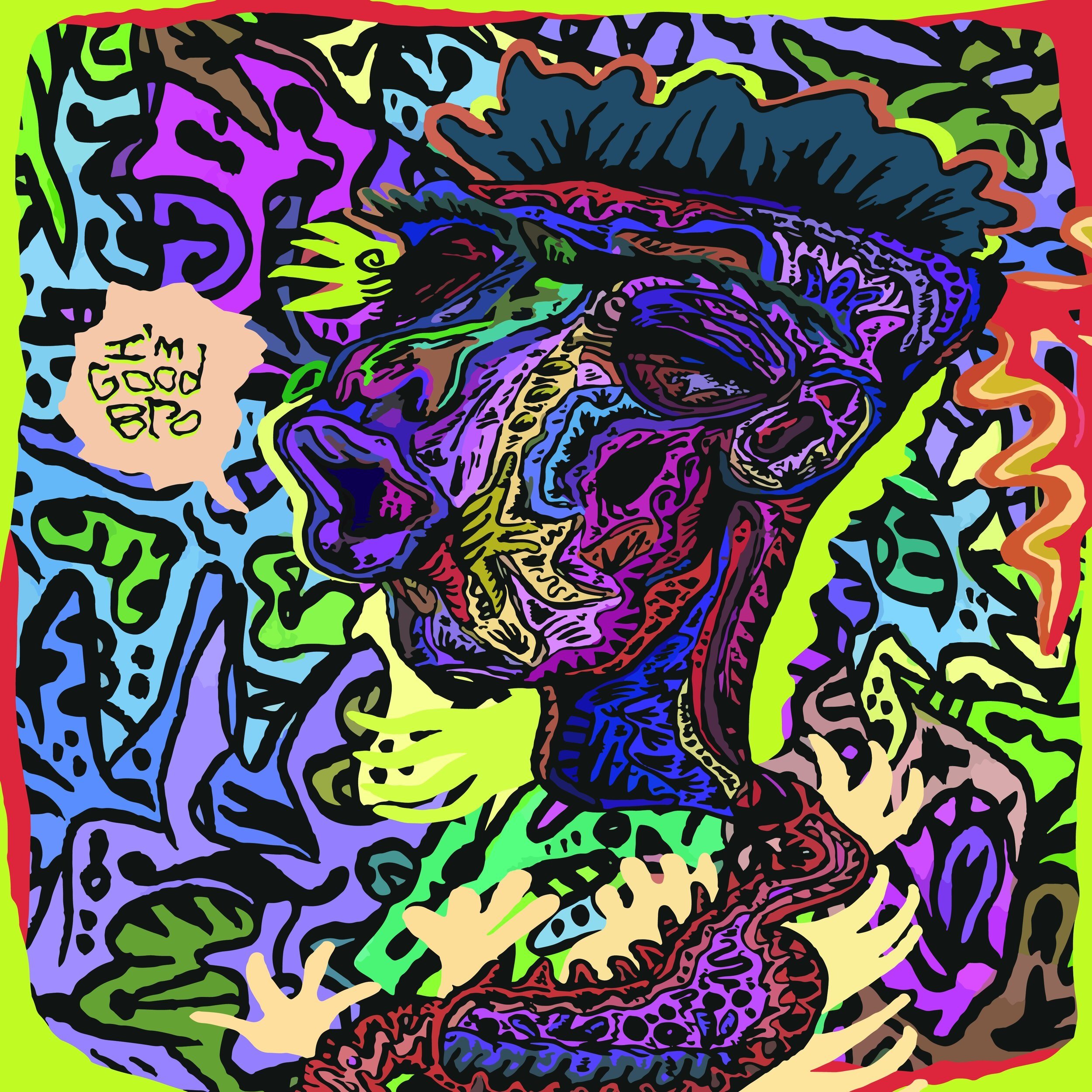
Memory loss while drinking?
That’s called a “Blackout”.
Blackouts can happen to anyone who drinks.
• They start to happen at a blood alcohol level of 0.16% (twice the legal driving limit).
• At this level, most brain activity starts to fail - impulse control, attention, judgment, and decision-making, . Memories are no longer transferred to “long-term” storage.
• If you are with someone in a blackout, you may not realize what is happening to them. The intoxicated person is still walking, talking, and awake, but will have no memory of their actions.
• “Passing out” (losing consciousness) happens at a higher level of intoxication.
• Blackouts are, chemically, exactly the same as when a person is put under general anesthesia. You can still be awake, but will have no memory of what happened, followed by a deeper level of unconsciousness.
• Blackouts are more likely when drinking on an empty stomach or drinking quickly (4 drinks or more in two hours).
• Blackouts happen much more quickly for women than men.
• Blackouts happen even faster if the person is on sleep medication or other depressants (like Valium, Xanax, or opiate painkillers like Oxycontin, Codeine, or Percocet).
• For teens and college students, having even one blackout predicts other alcohol-related consequences,
such as missing work or school, having a lower grade point average, getting injured, being the victim of
sexual assault, ending up in the emergency room, or getting arrested.
• Girls, women and trans people are especially at risk for violence and assault at this level of intoxication.
Experiencing even one blackout is a cause for concern. It should prompt a person to consider their relationship with alcohol, and talk to their healthcare provider about their drinking.
